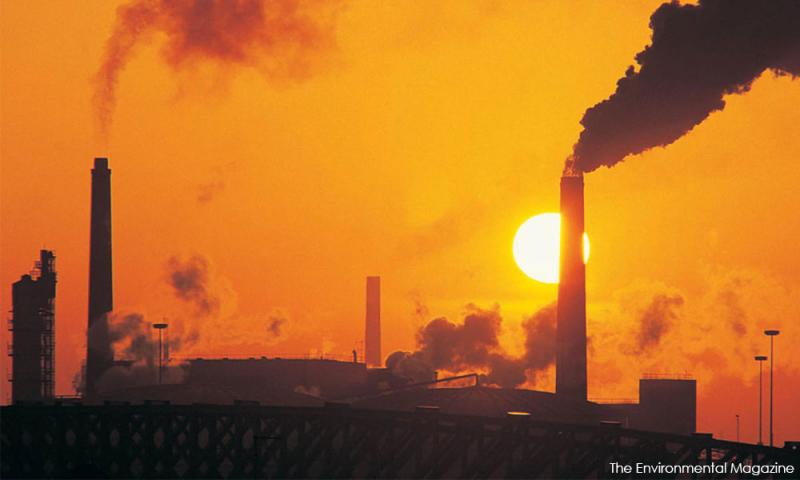ADUN SPEAKS | We need a climate change adaptation master plan
ADUN SPEAKS | Climate change is a global problem. It is the total sum of carbon emissions globally that will affect climate change for everyone. This means that what happens in one country affects every other across the globe. Increasingly, human activities are contributing to the “greenhouse effect” which in turn is causing heatwaves, floods, dissipation of natural resources, and much more.
So what should we do?
This is where a comprehensive and feasible Climate Change Adaptation Master Plan comes into play. Climate change adaptation refers to actions that reduce the negative impact of climate change while taking advantage of potential new opportunities.
It involves adjusting policies and actions because of observed or expected changes in the climate. In most circumstances, anticipatory adaptations will result in lower long-term costs and be more effective than reactive adaptations.
As it stands, we lack the basic data collection infrastructure to know which cities, towns, and villages will be affected when sea levels rise, which is crucial to prevent the persistent flooding issues that we consistently face.
For the sake of context, the cities of Guangzhou, Mumbai, Shenzen, Tianjin, Ho Chi Minh, Kolkata, and Jakarta incurred USD1.5 billion (RM6 billion) in annual losses due to coastal flooding in 2005 alone. By 2050, the annual loss incurred as a result of coastal flooding in these cities is projected to increase to USD32 billion (RM129 billion).
Just look at what’s happening with the flood situation in our own country right now. It’s easy to blame the lack of infrastructure for the massive destruction that’s happening but the reality is that this is the cumulative effect of climate change and global warming.
It is now more crucial than ever to develop and implement a climate change adaptation master plan which will address, among other things, issues related to building sustainable cities and communities, increasing the use of clean renewable energy, reducing pollution, and more.
For example, adapting our agriculture to the changing weather patterns will teach us how our crops will yield, how fishing will be affected, and more. Another aspect of adaptation means stepping in where other countries fail.
For example, if one of our neighbouring countries fails to reduce its carbon emissions, Malaysia needs to be ready to fill the gap so that our own society does not suffer. Even Thailand has a comprehensive Climate Change Master Pan for 2015 to 2050.
We urgently need a Climate Change Adaptation Master Plan. The government must commission one right away and just like fighting the Covid-19 pandemic, we need the whole of society, every local council, state government, and all federal ministries to do their part in tackling and implementing this climate change adaptation masterplan.
All new infrastructure and plans made should be made while being mindful of the effects of climate change that can hit us.
RAJIV RISHYAKARAN is the assemblyperson for Bukit Gasing.
The views expressed here are those of the author/contributor and do not necessarily represent the views of Malaysiakini.
RM12.50 / month
- Unlimited access to award-winning journalism
- Comment and share your opinions on all our articles
- Gift interesting stories to your friends
- Tax deductable
